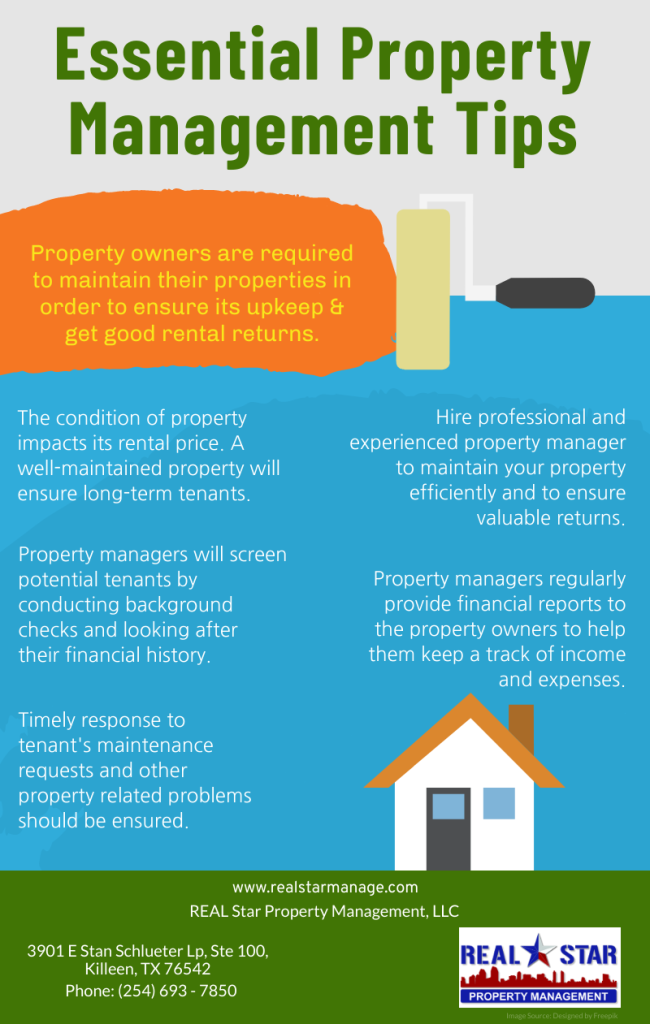

Landlord Secrets: Unlocking the essential property management tips for maximizing profitability and minimizing disputes is a key to success in the rental market. A well-managed property not only generates stable income but also fosters a positive landlord-tenant relationship. However, many landlords struggle with navigating the complexities of property management. This article unveils essential secrets to optimize your property management strategies. We’ll delve into actionable tips for maximizing rental income, preventing disputes, and ensuring tenant satisfaction, while also outlining the legal and financial aspects of successful property management. This guide is structured into five key areas: tenant screening and selection, lease agreements, legal compliance, property maintenance, and maximizing rental income.
Tenant Screening and Selection: The Foundation of Successful Property Management
Identifying the Right Tenant
Tenant screening is crucial for a smooth property management experience. A poorly screened tenant can lead to significant financial and legal issues. The first step is to create detailed screening criteria that align with your property’s needs and risk tolerance. Criteria should cover credit history, rental history, employment stability, and references. Use a standardized application process to gather thorough information from potential tenants. This process should also be aligned with the Fair Housing Act to avoid any discrimination allegations. Using a reliable tenant screening service, such as a background and credit check, can ensure accurate information for informed decisions. For example, a thorough tenant screening process helped one landlord avoid a problematic tenant who had an eviction history. This prevented costly court fees and property damage. This initial step can save you significant headaches and financial losses down the line.
Lease Agreements: Protecting Your Interests and Tenants
Crafting Comprehensive Lease Agreements
Creating a legally sound and comprehensive lease agreement is paramount to a successful landlord-tenant relationship. The lease agreement should clearly outline the terms and conditions of the rental agreement, including payment schedules, maintenance responsibilities, and rules regarding pets and noise levels. Ensure the lease aligns with local laws and regulations. Consider including clauses that protect you against damages, late payments, or violation of rules. A professionally drafted lease agreement can help prevent misunderstandings and disputes later on. Be sure to keep copies of all signed documents and communication with the tenants. A detailed and clear lease agreement can prevent future issues and court cases. A landlord who used a clear and comprehensive lease agreement avoided legal battles related to tenant disputes and property damage.
Legal Compliance: Staying Within the Bounds of the Law
Staying Compliant with the Law
Understanding and adhering to local, state, and federal regulations regarding property management is critical. Landlords need to comply with housing regulations, fair housing laws, and tenant rights laws. Stay updated on any changes to these regulations, as laws often evolve and become more stringent. Knowing the local housing codes regarding maintenance and repairs and how to handle evictions is essential. This involves familiarizing yourself with local regulations and potential legal challenges and ensuring your practices comply. Consulting with an attorney specializing in landlord-tenant law can provide guidance and mitigate risk. A landlord who stayed updated on housing regulations avoided disputes and issues. This approach made the property management experience smoother and more profitable.
Property Maintenance: Ensuring Tenant Satisfaction and Value Retention
Keeping the Property in Excellent Condition
Maintaining a well-maintained property is paramount. This not only enhances tenant satisfaction but also ensures the property’s value. Implement a regular preventative maintenance schedule. Proactive maintenance can help identify potential problems early and prevent costly repairs. Regularly check for plumbing issues, electrical problems, or general wear and tear. Ensure your maintenance procedures comply with building codes and other regulations. Regularly inspecting properties will allow you to catch minor problems early, before they escalate into costly repairs. A proactive approach to maintenance leads to happy tenants and a well-preserved property.
Maximizing Rental Income: Strategies for Profitability
Increasing Rental Income
Maximizing rental income is a key goal for any landlord. Implementing strategies to improve rental income can vary but can involve market research to understand comparable rental rates in the area. Consider offering various lease options, such as monthly or quarterly rent payments to ensure stability, or increasing rental rates based on market conditions. Negotiate lease terms and find a win-win solution for both you and the tenants. Thoroughly evaluate factors that impact rental rates, like the local rental market conditions and potential upgrades. Being informed on the best practices for rental property pricing can make all the difference. A landlord who closely monitored the local rental market improved their rental income without significantly affecting the tenant relationships.
Landlord Insurance: Protecting Your Investments
Safeguarding Your Assets
Landlord insurance is a vital aspect of property management. It protects the property owner in case of damage or liability incidents. Comprehensive insurance policies should cover property damage, liability, and tenant injuries, which can be costly to address. Regularly review your insurance policy and adjust coverage as needed, factoring in the increased risks of having tenants.
Building Strong Landlord-Tenant Relationships: Fostering Positive Interactions
Establishing Open Communication
Strong communication is essential to maintaining a positive relationship with tenants. Establish clear communication channels, like emails, and respond promptly to tenant inquiries or concerns. A quick and efficient response to tenant requests can mitigate issues.
Market Research and Trends: Adapting to Changing Conditions
Understanding Local Trends
Staying informed on the local rental market, including property trends and competitor pricing, can help optimize rental income and maximize property value. Understanding local rental trends helps in informed pricing decisions.
Effective Communication: Maintaining Clear Lines of Contact
Establishing Clear Channels
Communicating promptly and effectively with your tenants is vital. Establish clear and reliable communication channels to ensure smooth interactions and maintain open communication.
In conclusion, mastering landlord secrets for essential property management isn’t about chasing quick fixes but rather building strong relationships and implementing consistent strategies. By following these tips, you can enhance your tenant relationships, minimize risks, and maximize profitability. Ready to elevate your property management game? Check out our free property management resources now!
